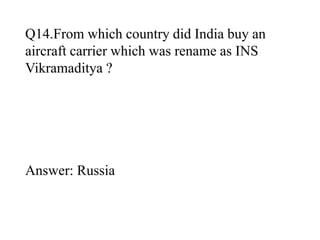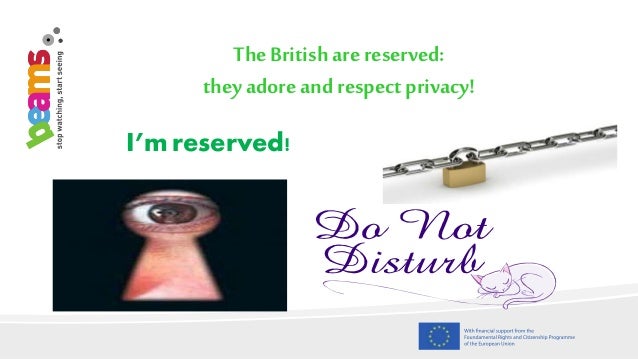

If you ever get stuck on usage or meaning, you can always come back to refresh your memory. You can’t use these interchangeably because the meaning changes slightly between the words. It means no particular time or any amount of time.
#ANYTIME ONE WORD FREE#
Anyway, feel free to come by my office anytime you need to.
#ANYTIME ONE WORD HOW TO#
Now that you know what the words mean and how to pronounce them, let’s take a look at some examples of how to use them in a sentence. How to Use ‘Anytime’ and ‘Any Time’ in a Sentence

Key statements - these are read on a daily basis and are intended to be memorized: I bring the qualities of. These words sound the same but have slightly different meanings, which means they could be considered homophones. DAY 65 Read mode: one word at about 4 seconds. ‘Any time’ is typically a noun phrase, and it means ‘at no particular time’ or ‘any amount of time.’ It indicates that something might happen soon, but no one knows the exact time. ‘Anytime’ is an adverb that means ‘whenever’ or ‘at any time.’

Brownies are an anytime dessert.ĭid you get the difference between “any time” and “anytime”? Unlike any time, the single-word version can’t be used with the preposition “at,” but it can be used as an adjective. The team said they could beat the other team anytime. It can mean “at any time,” “without a doubt,” or “whenever” when you don’t want or can’t specify the time. Any time!Īnytime is a single word functioning as an adverb in the sentence. The two-word version is also used as an alternative to “you’re welcome.” Thanks for your help. “Any time” can also be used without preposition when referring to the amount of time, as in the following example: Do you have any time to come to my office today? When used with a preposition, the phrase can be followed by additional information specifying the time. It’s most commonly used with the preposition “at,” forming the prepositional phrase “at any time,” as shown in the example above.

It means “any amount of time” or “at no particular time,” suggesting that something will happen soon without indicating how soon. Any time: Meaning, usage, examplesĪny time is not a single word but a noun phrase that functions as an adverb in the sentence. If you want to avoid making a grammatical mistake when writing anytime or any time, it’s good to know the differences between the two terms and their usage so you can be sure that you’re always using the right word. Whether you should leave a space between “any” and “time” when writing is a decision you have to make quickly, so understanding their differences will help you choose the correct one every time.Īlthough using one over the other probably won’t create a misunderstanding between you and the person you’re writing to, it’s still a mistake that will make your writing grammatically incorrect. anytime is a common confusion, especially among English learners. Please check your email for the free guide that has been sent to you.Īny time vs.


 0 kommentar(er)
0 kommentar(er)
